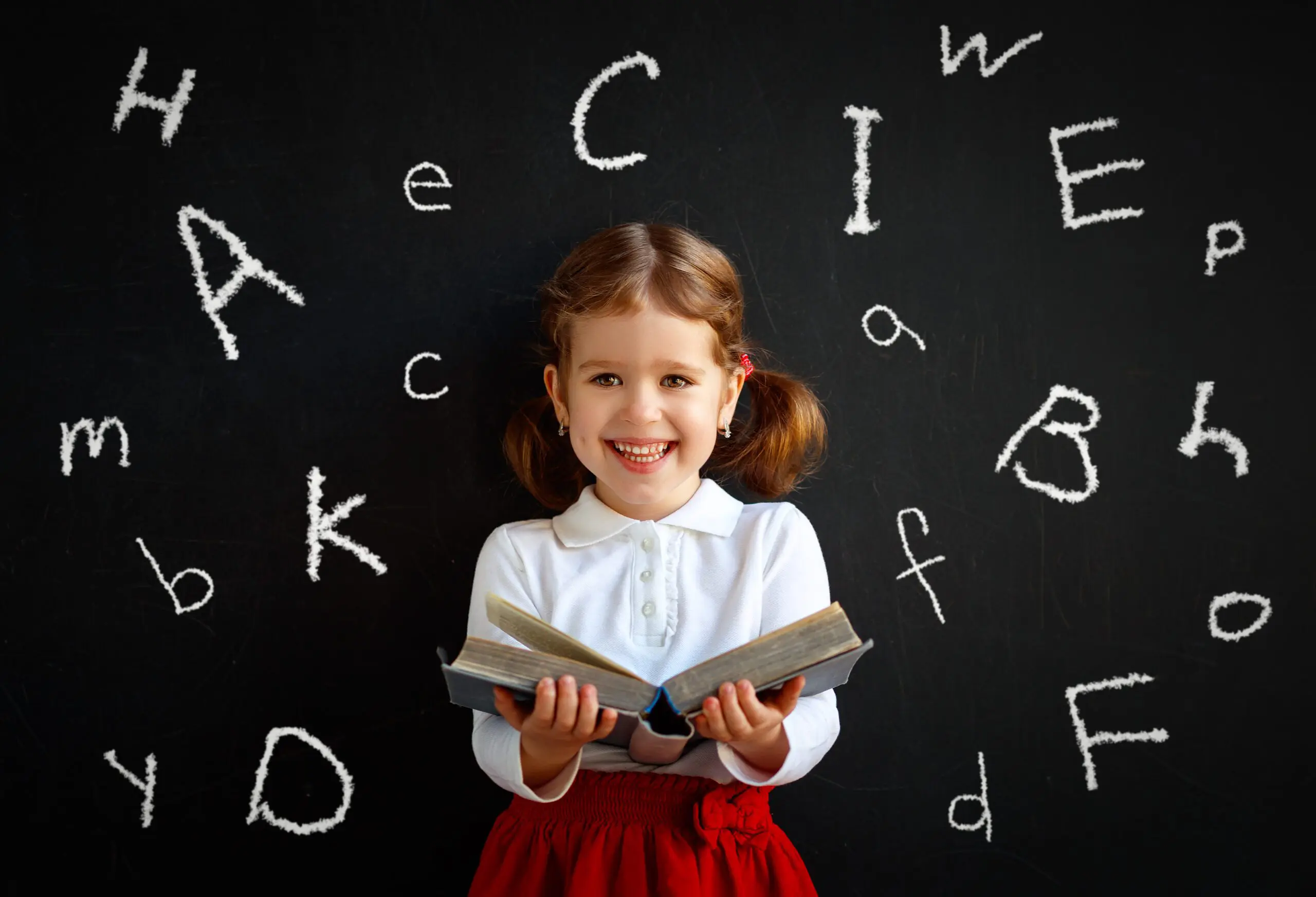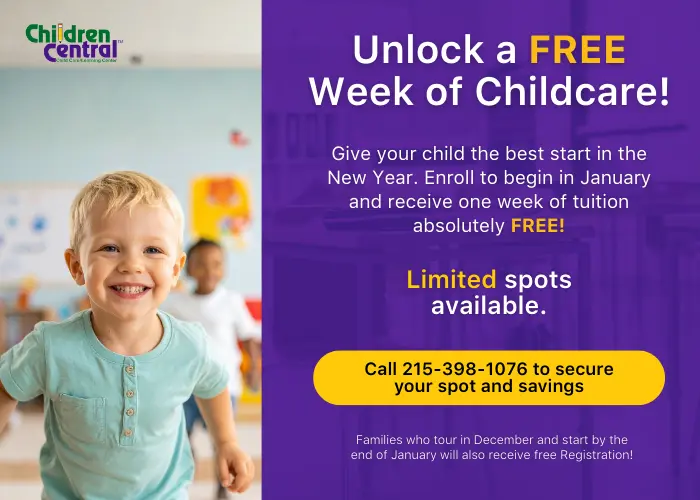What is the Summer Slide?
The summer slide is the tendency for children to lose some of the academic skills and knowledge they gained during the previous preschool year over the summer break. On average, children lose about one month of learning over the summer. The loss is even greater in technical subjects like mathematics.
The summer slide is a bigger problem for children from low-income families. They often don’t have the same access to books, educational camps, and other learning opportunities during the summer months.
By the time they join school, disadvantaged children can be as much as three years behind their peers in reading ability due to the cumulative effects of the summer slide.
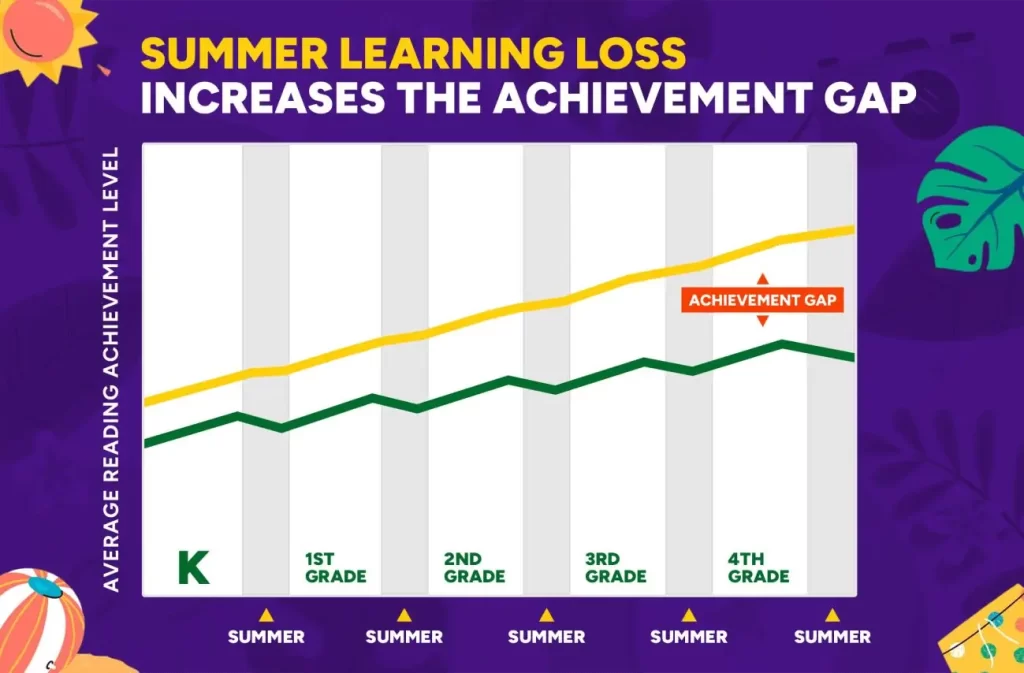
Why Does Summer Slide Happen?
There are several reasons why summer slide occurs. First of all, without the regular routine of school, kids might not get a chance to use the skills they’ve been working on all year. This can be especially true for preschoolers who are just starting to build those foundational abilities.
Another factor widening the summer slide gap is the lack of access to learning resources. Without easy access to books and educational materials at home, students from low-income families might lose ground over the summer. This widens the gap between them and their peers who have more resources available.
Impact of Summer Learning Loss
The impact of summer learning loss is significant and long-lasting. Children who experience the summer slide year after year fall further and further behind. This can lead to lower self-esteem, behavior issues, and later on, a higher risk of dropping out of school. The effects are most pronounced for low-income and at-risk children who are already struggling academically.
Summer learning loss also has broader societal impacts. It contributes to the achievement gap between rich and poor children. This gap can persist through school and beyond, leading to disparities in college attendance and career success. Addressing summer learning loss is key to promoting educational equity.
Importance of Summer Slide Education
Learning shouldn’t stop just because preschool is closed for the summer. Children need ongoing opportunities to practice their academic skills, explore their interests, and discover new passions. Summer learning helps children retain the progress they’ve made throughout the preschool year, and it can even propel them forward, allowing them to enter the next year with a boost in knowledge and confidence.
Summer is also an ideal time for a different kind of learning. Children can engage in more hands-on, experiential learning activities. They can dive deep into topics that fascinate them, without being limited by the curriculum. This type of self-directed, interest-driven learning is hugely beneficial for cognitive and social-emotional development.
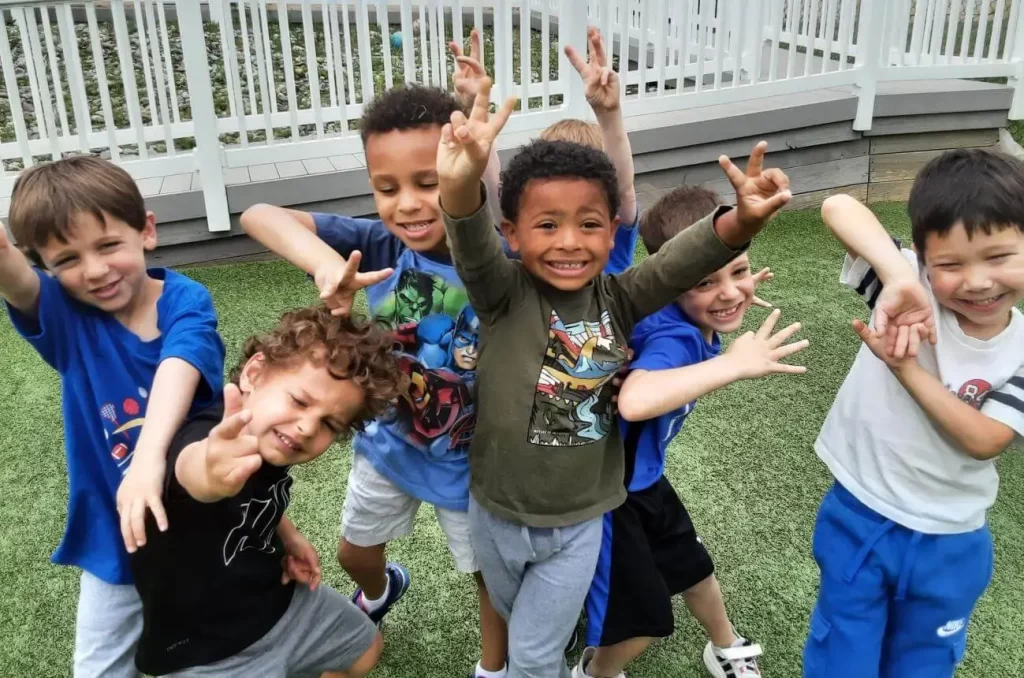
Strategies to Prevent Summer Slide
Preventing the summer slide doesn’t have to be complicated or expensive. Here are some simple, research-backed strategies that families and educators can use to keep kids learning all summer long:
1. Encourage Daily Reading
2. Practice Math Everyday
3. Explore Local Resources
4. Get Creative
5. Stay Active
6. Make Time for Social Interaction
7. Set Summer Learning Goals
8. Partner with Preschools and Teachers
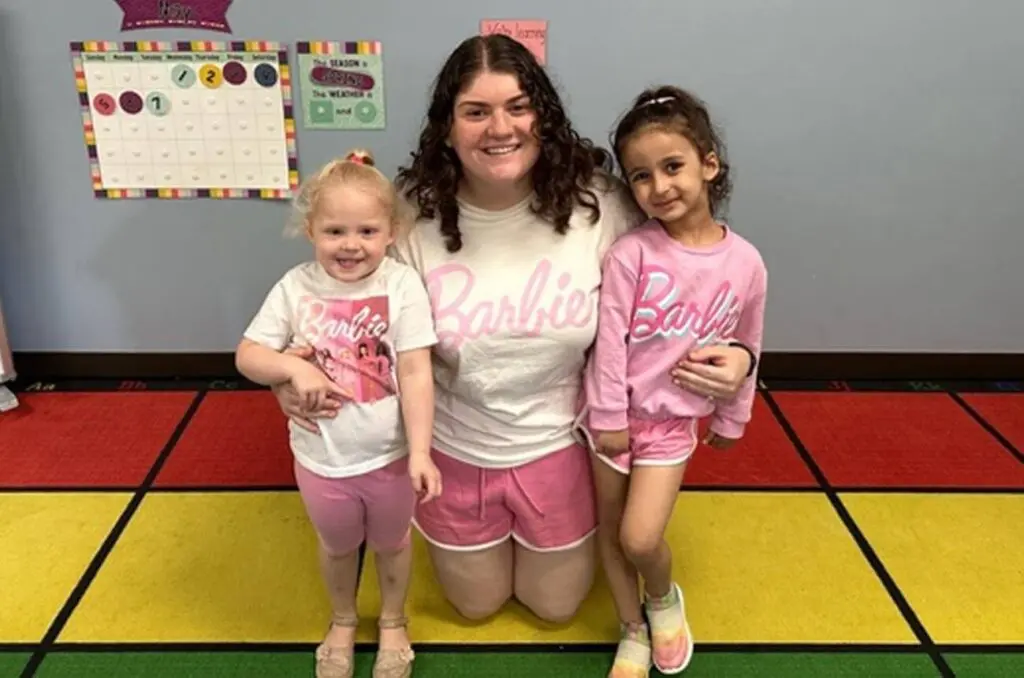
Overcoming Challenges of Summer Learning
1. Lack of Access
One of the biggest barriers to summer learning is lack of access to books, educational materials, and enriching experiences. Families can overcome this by taking advantage of free resources in their community, like libraries, parks, and museums. Many organizations also offer scholarships or sliding-scale fees for summer camps and programs.
2. Time Constraints
3. Summer Learning Programs
4. Motivation and Engagement
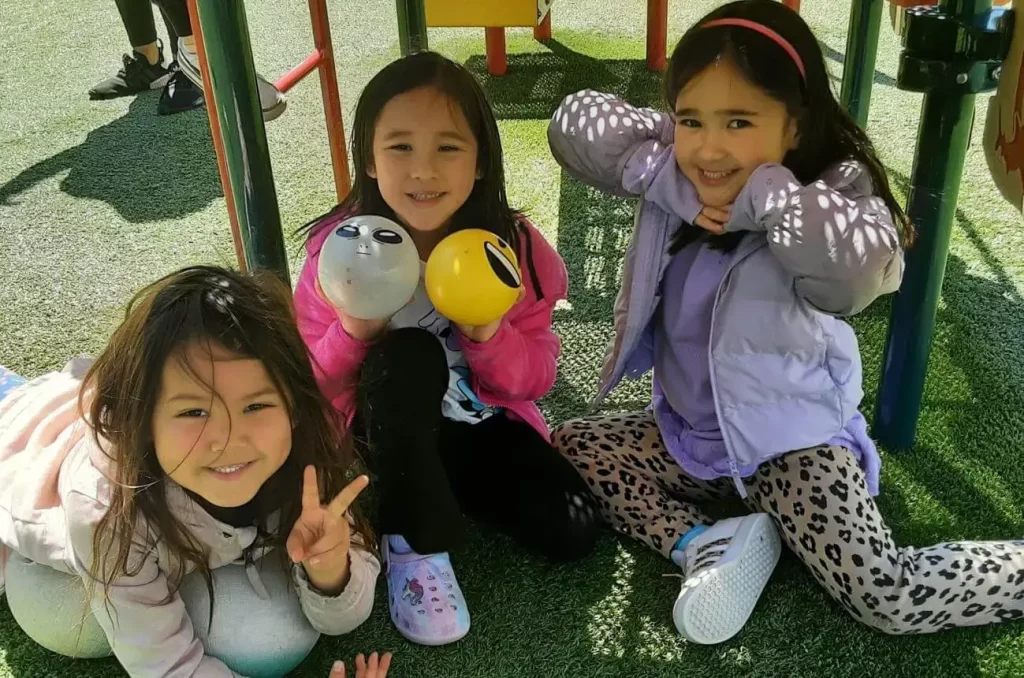
Community-Wide Efforts
1. Fund Summer Learning Programs
2. Expand Library Services
3. Partner with Community Organizations
4. Engage Volunteers and Mentors
5. Raise Awareness
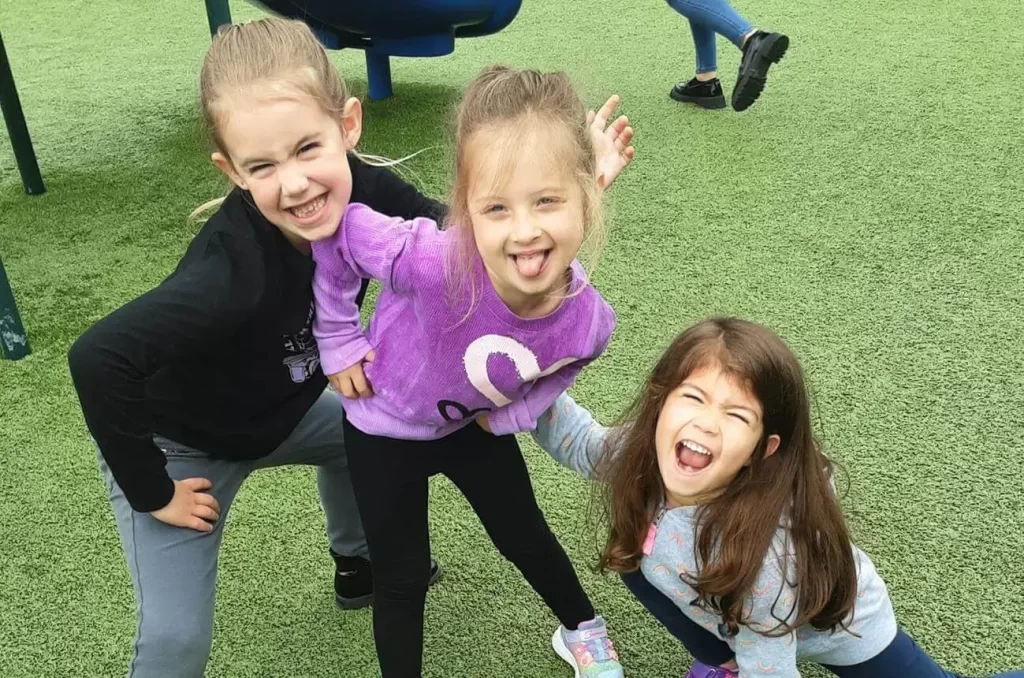
Conclusion
While summer break can mean a dip in some skills, it doesn’t have to be that way. By working together as a community and using research-backed strategies, we can create a summer filled with learning opportunities for all children. This not only benefits them educationally, but also helps close the achievement gap and sets them on a path to lasting success.
Don’t let the summer slide hold your child back! Contact Children Central today to learn about our engaging summer camp in Langhorne PA and beyond.
Frequently Asked Questions
What is a summer slide in education?
Why is it important to prevent summer learning loss?
What are some effective strategies for preventing the summer slide?
Some effective strategies to prevent summer slide include:
- Practicing math in everyday life
- Exploring local educational resources (e.g., libraries, museums)
- Engaging in creative projects
- Staying physically active
- Promoting social interaction
- Setting summer learning goals
- Partnering with preschools and teachers
How can families overcome challenges to summer learning, such as lack of access or time constraints?
What role can communities play in preventing summer learning loss?
Communities can play a significant role in preventing the summer slide by:
- Investing in affordable and accessible summer learning programs
- Expanding library services
- Partnering with community organizations
- Engaging volunteers and mentors to support summer programs
- Raising awareness about the impact of summer learning loss



